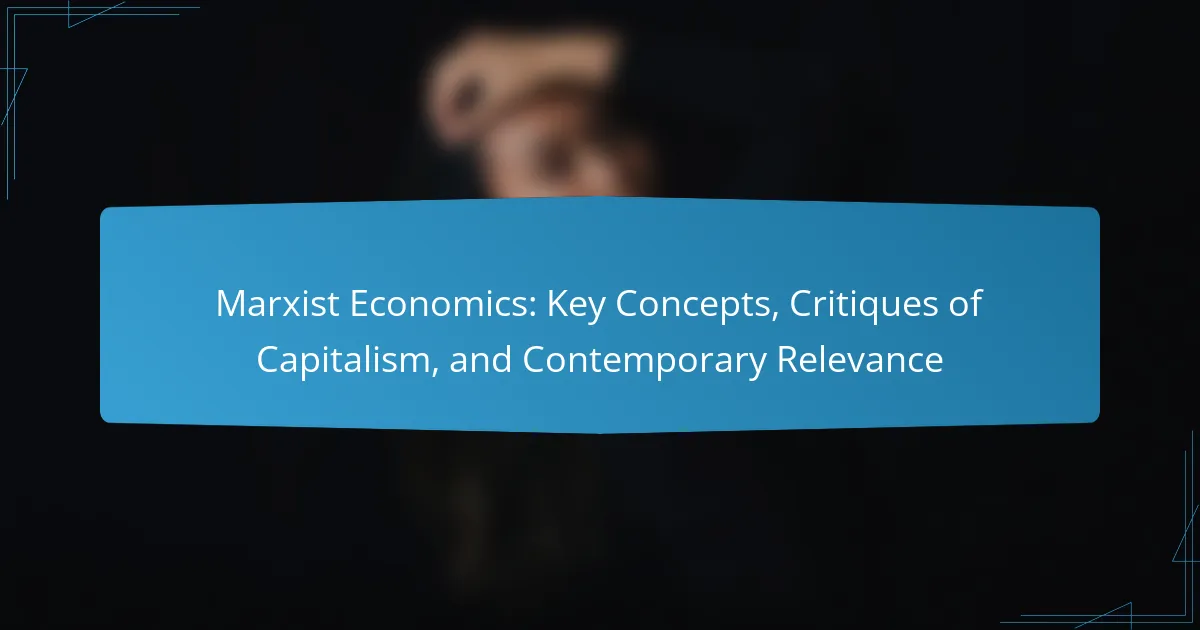Marxist Economics is a theoretical framework that critiques capitalism through key concepts such as the labor theory of value, surplus value, historical materialism, and class struggle. It posits that the value of goods is determined by the labor required for their production and highlights the exploitation of workers within capitalist systems. The article examines the […]
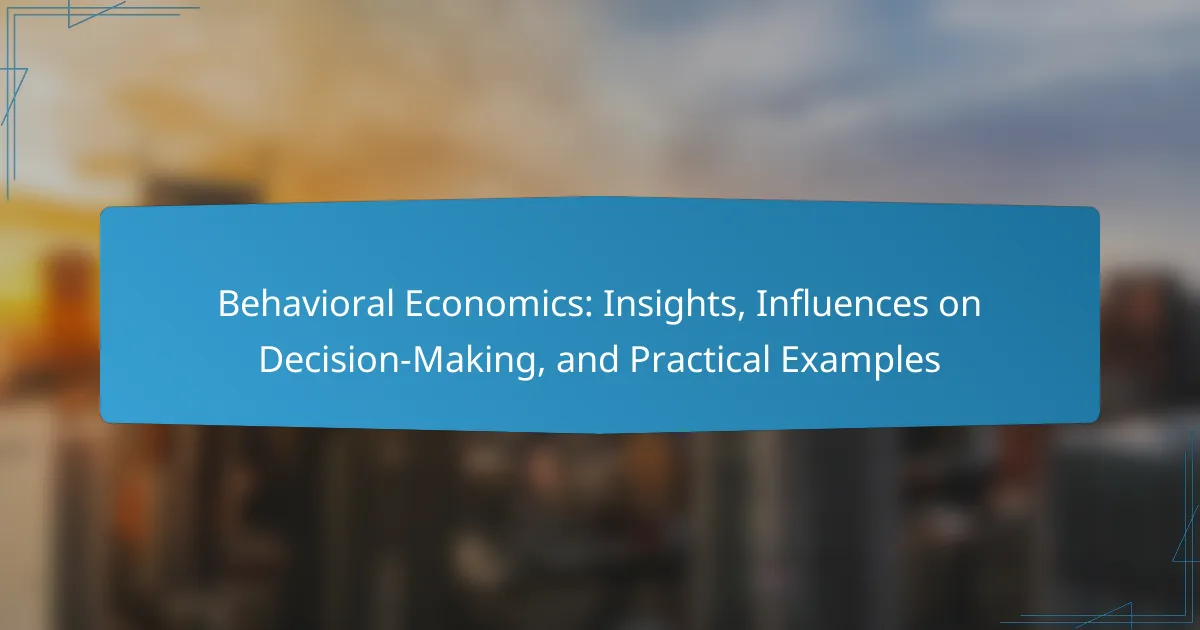
Behavioral Economics: Insights, Influences on Decision-Making, and Practical Examples
Behavioral economics is a field that merges psychology and economics to understand how psychological factors impact economic decision-making. It challenges traditional economic theories by demonstrating that emotions and cognitive biases, such as loss aversion, significantly influence choices, often leading to irrational behaviors. Key concepts include the impact of social factors and emotional responses on decision-making, […]
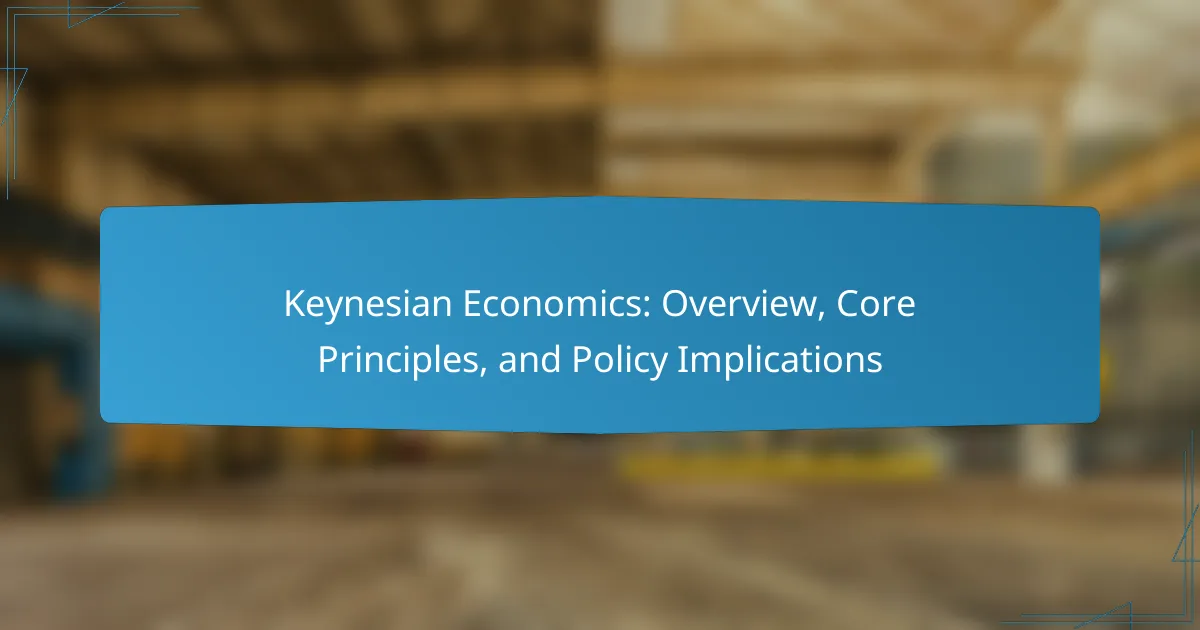
Keynesian Economics: Overview, Core Principles, and Policy Implications
Keynesian economics is an economic theory formulated by John Maynard Keynes, emphasizing the necessity of government intervention to stabilize the economy. Central to this theory is the concept that aggregate demand is the primary driver of economic growth and employment. Key principles include the multiplier effect and the significance of consumer confidence, which suggest that […]
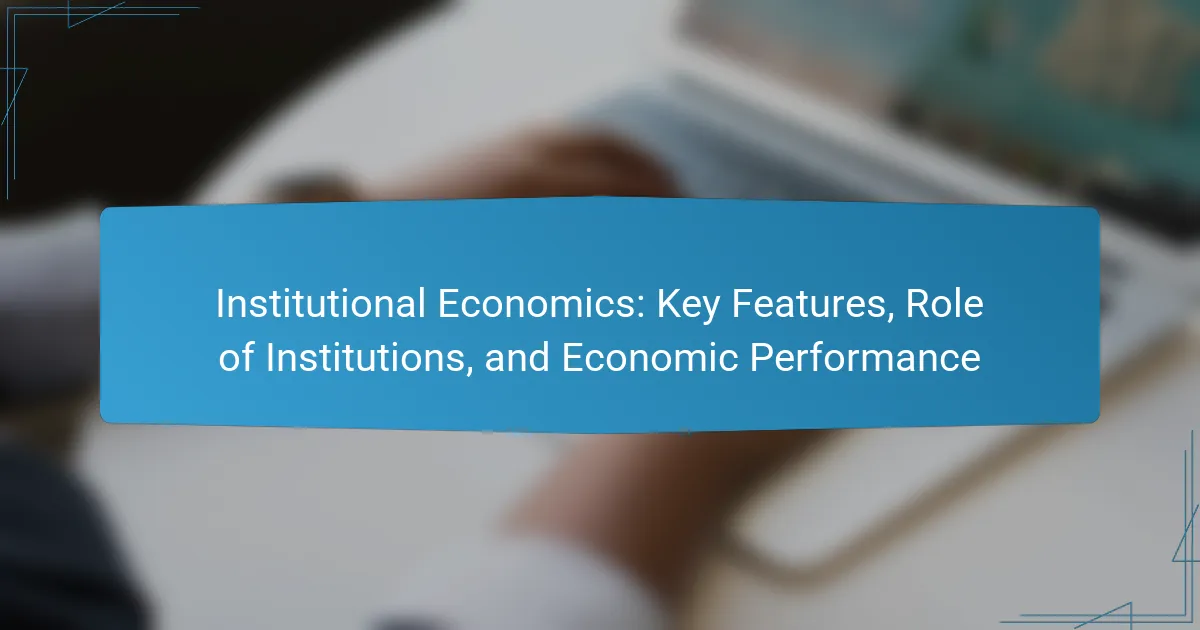
Institutional Economics: Key Features, Role of Institutions, and Economic Performance
Institutional Economics is a specialized branch of economics that investigates the influence of institutions—such as laws, regulations, and social norms—on economic behavior and performance. This field emphasizes the historical context and evolution of institutions, analyzing how they affect transaction costs and overall economic outcomes. Key aspects include the role of strong institutions in fostering trust, […]
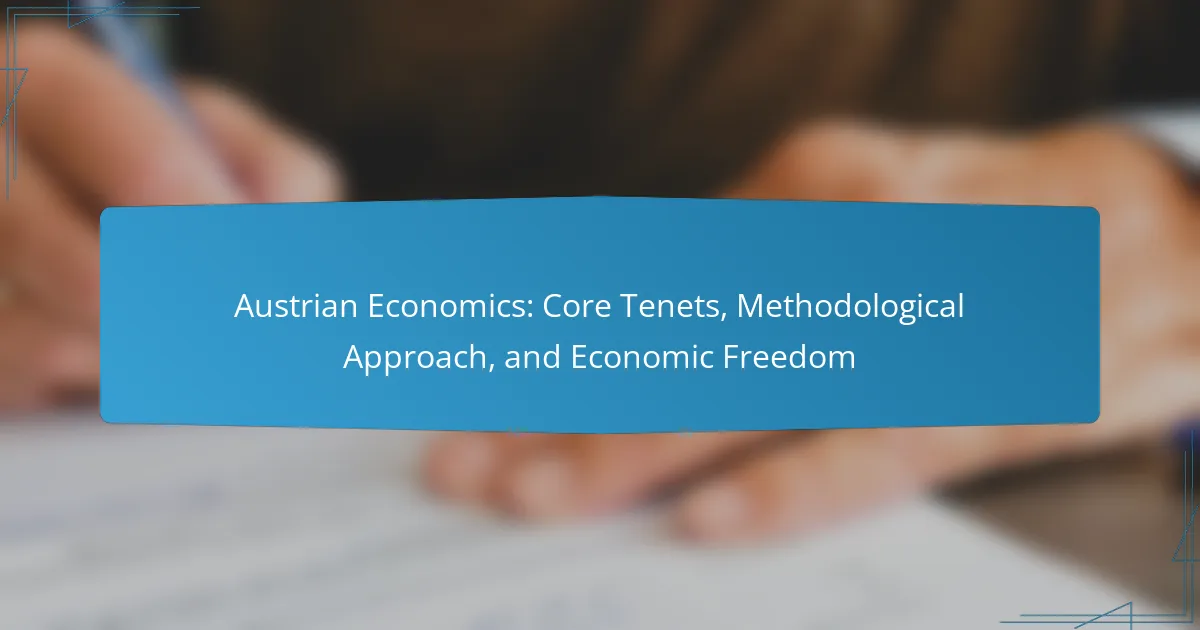
Austrian Economics: Core Tenets, Methodological Approach, and Economic Freedom
Austrian Economics is a school of thought that emphasizes individualism, subjective value, and the role of individual actions in economic analysis. It critiques government intervention, arguing that such actions distort market signals and hinder economic efficiency. The methodology relies on qualitative analysis and deductive reasoning, prioritizing time and uncertainty in decision-making. Key figures, including Ludwig […]
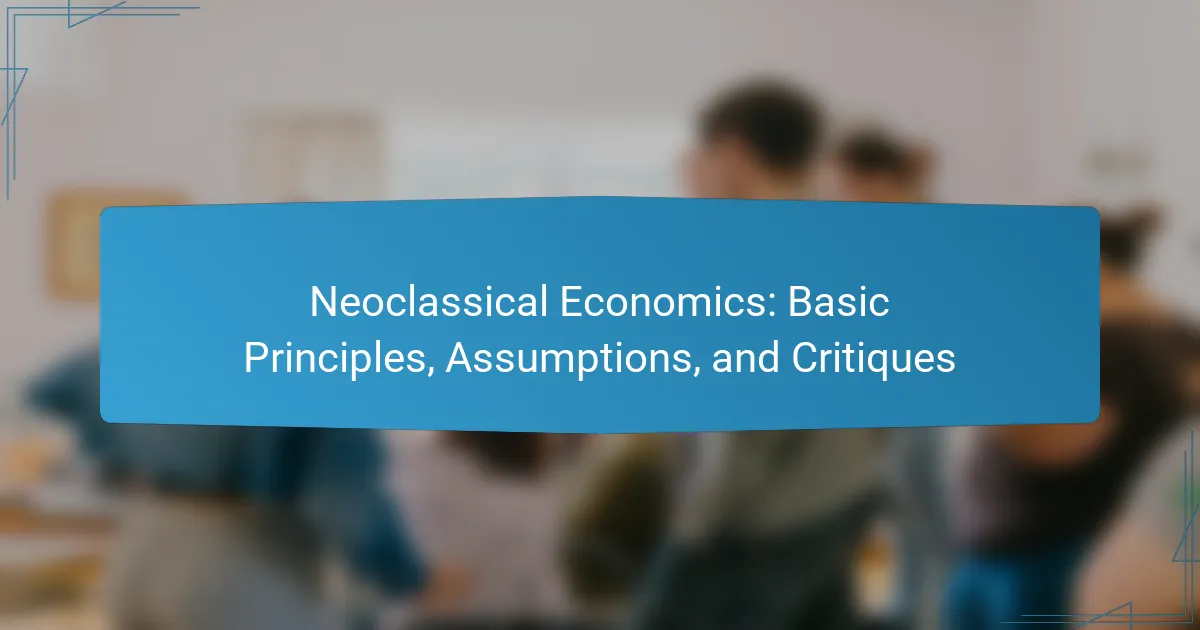
Neoclassical Economics: Basic Principles, Assumptions, and Critiques
Neoclassical economics is a framework that focuses on the principles of supply and demand, rational choice, and marginal utility to explain market behavior. Key assumptions include the rationality of individuals and firms, the existence of perfect competition, and the availability of perfect information. This economic theory emphasizes efficiency and self-regulation in markets while highlighting the […]
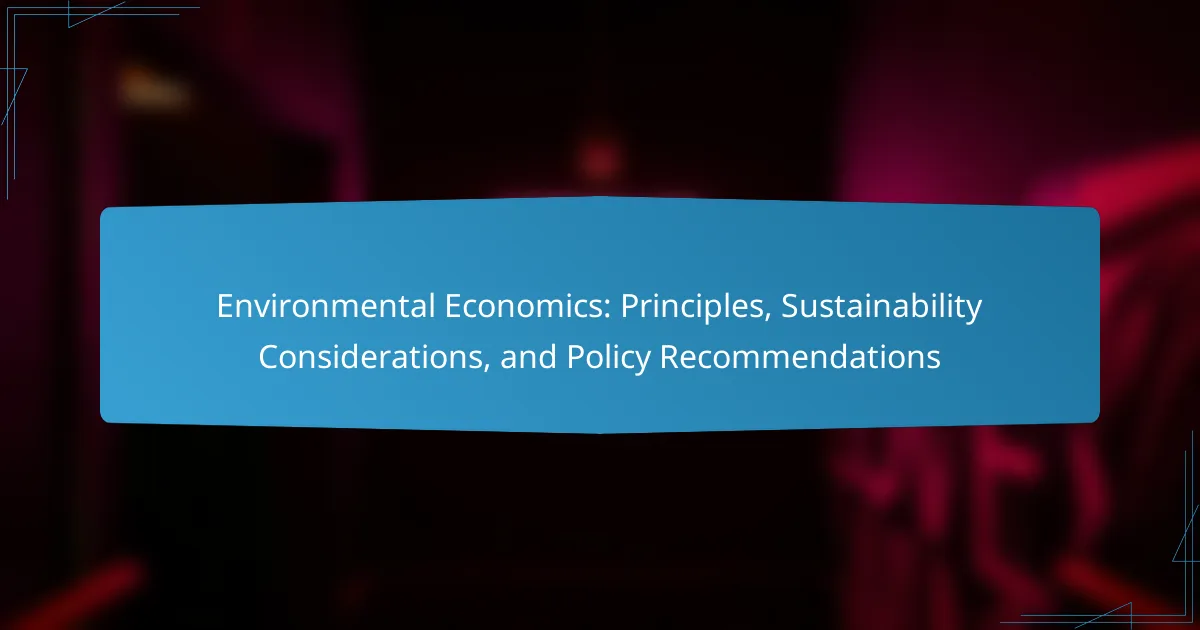
Environmental Economics: Principles, Sustainability Considerations, and Policy Recommendations
Environmental economics is a discipline that explores the relationship between economic activities and environmental policies, analyzing their mutual impacts. This field addresses critical issues such as pollution, resource depletion, and climate change, emphasizing the need for sustainable practices that balance economic growth with environmental protection. Key policy recommendations include implementing carbon pricing mechanisms, promoting renewable […]
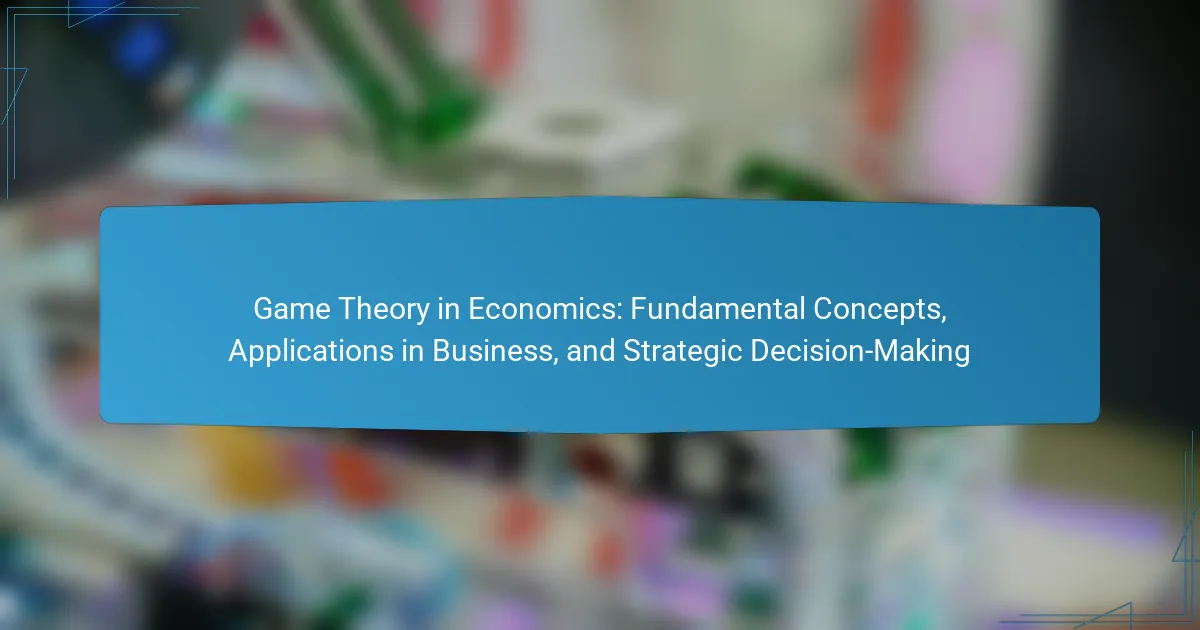
Game Theory in Economics: Fundamental Concepts, Applications in Business, and Strategic Decision-Making
Game theory is a mathematical framework used in economics to analyze strategic interactions among rational decision-makers, focusing on how individuals or entities make choices that impact each other’s outcomes. Key concepts include cooperative and non-cooperative games, with the Nash Equilibrium representing a situation where no player can gain by unilaterally changing their strategy. The article […]
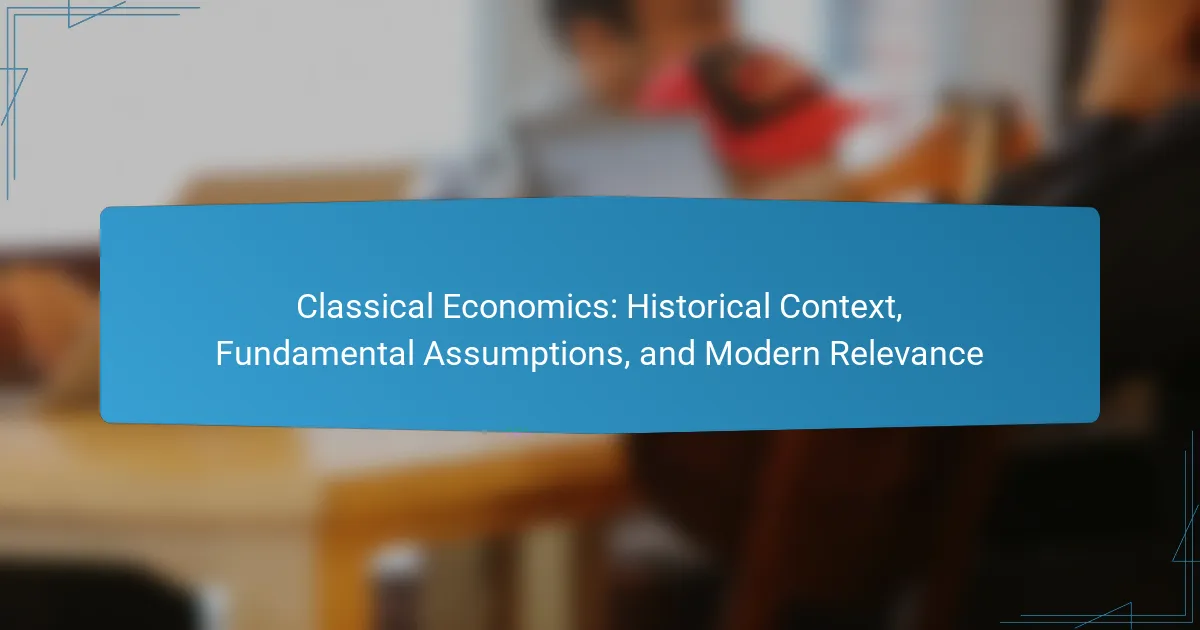
Classical Economics: Historical Context, Fundamental Assumptions, and Modern Relevance
Classical economics is a foundational school of thought in economic theory that emerged in the late 18th and early 19th centuries, prominently featuring thinkers such as Adam Smith, David Ricardo, and John Stuart Mill. This economic framework emphasizes free markets, self-interest, and the belief that markets are self-regulating, with supply and demand determining prices. However, […]
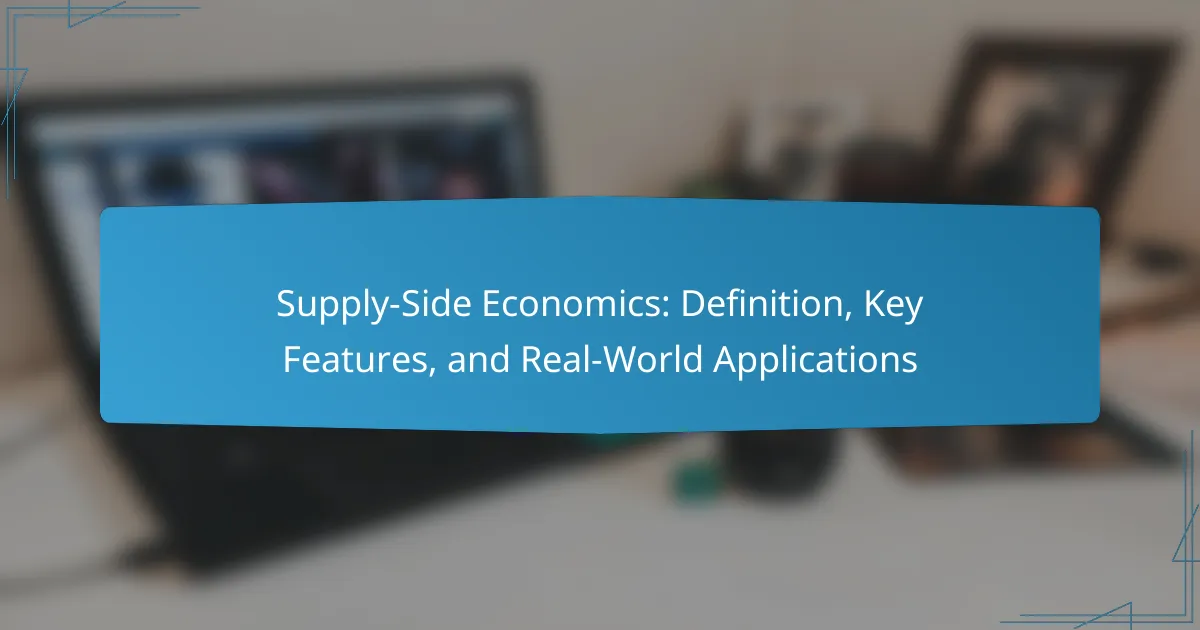
Supply-Side Economics: Definition, Key Features, and Real-World Applications
Supply-side economics is an economic theory that focuses on enhancing economic growth by increasing the supply of goods and services through lower taxes and reduced regulation. This approach is believed to stimulate job creation and investment, and it gained significant attention during the Reagan administration in the 1980s, particularly with the Economic Recovery Tax Act […]
